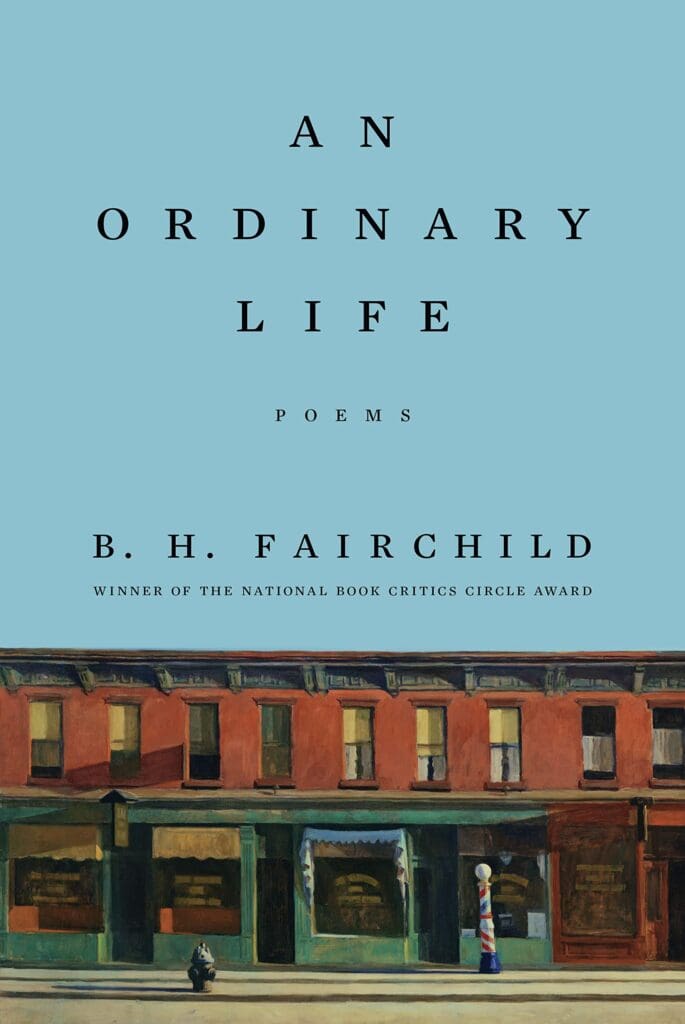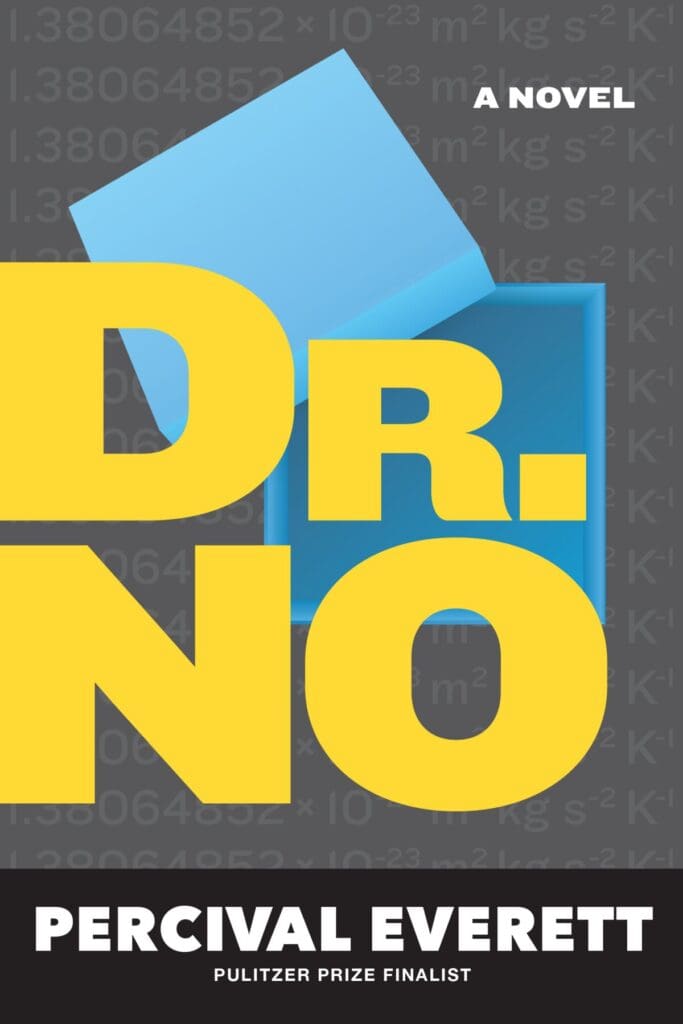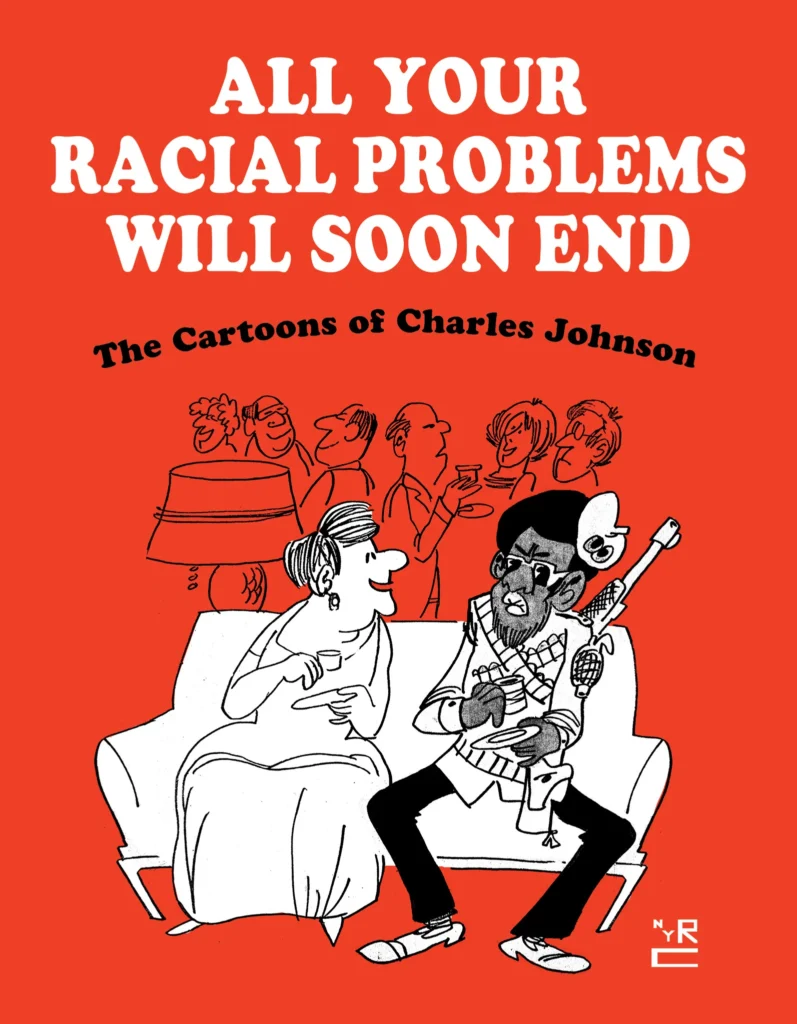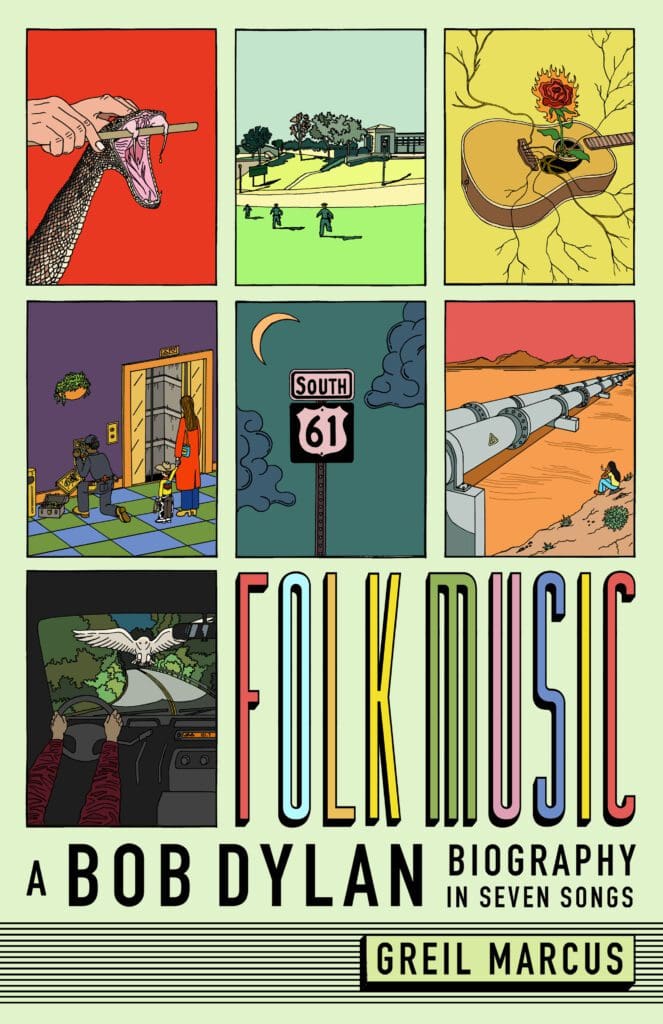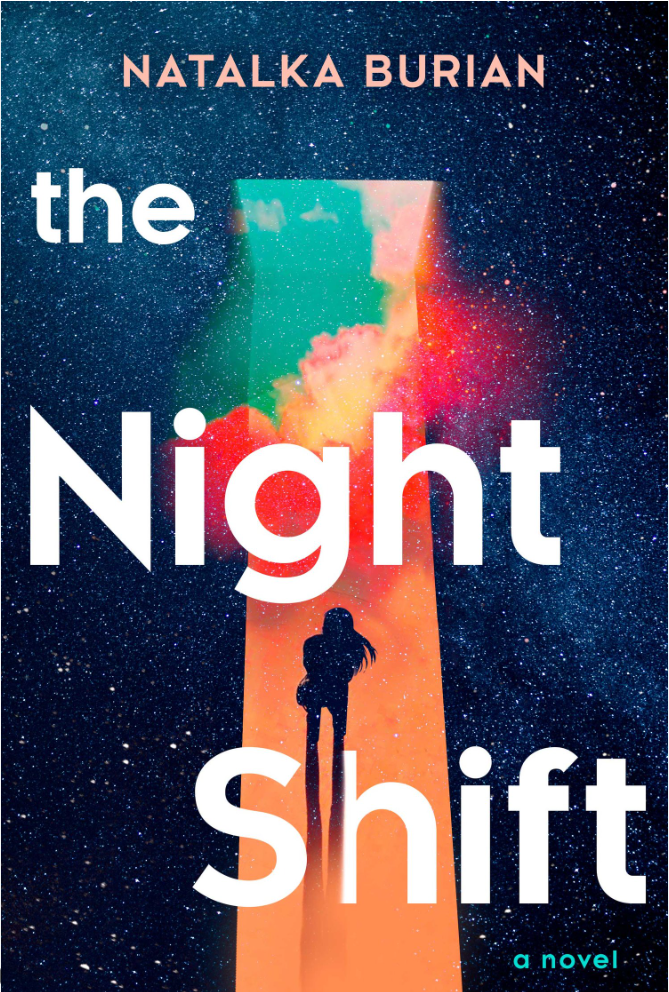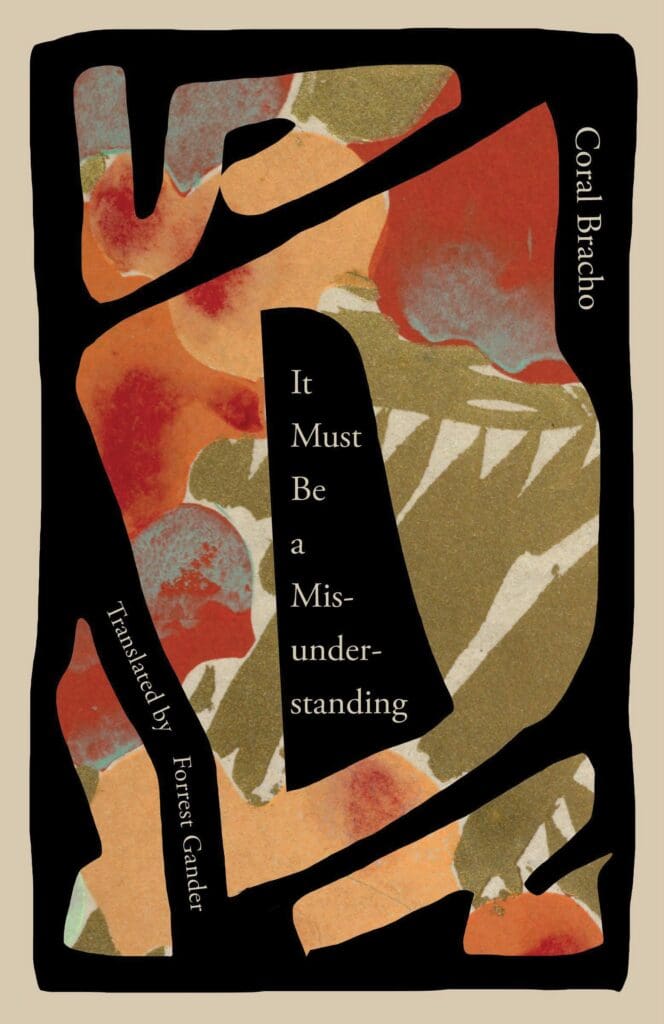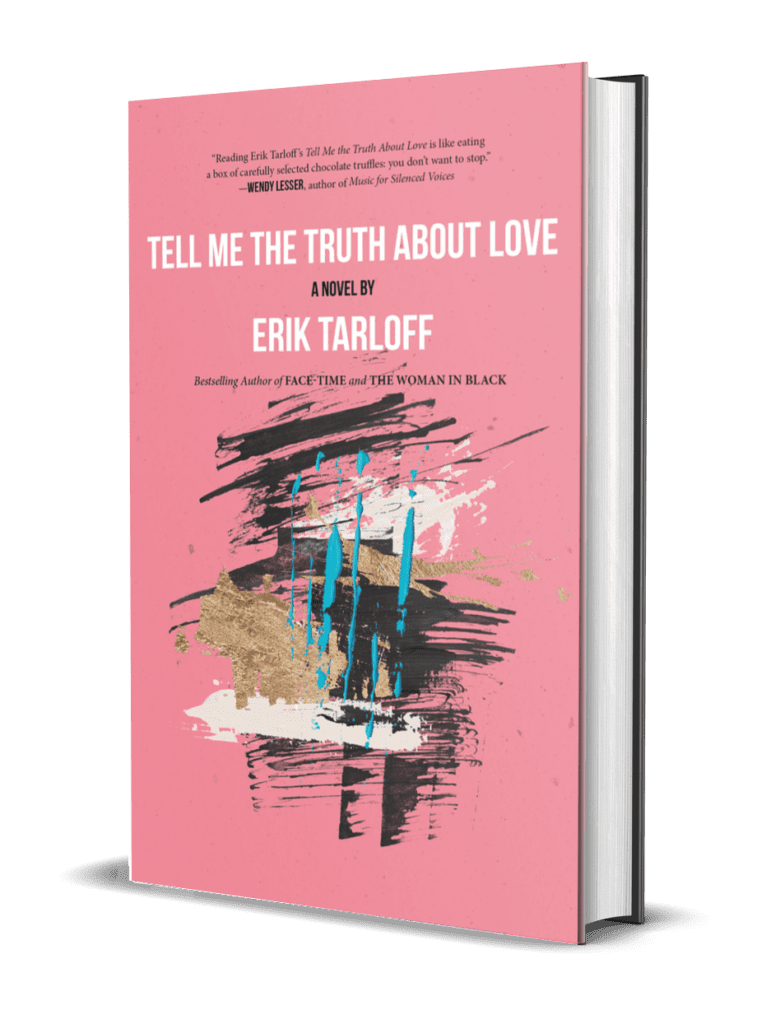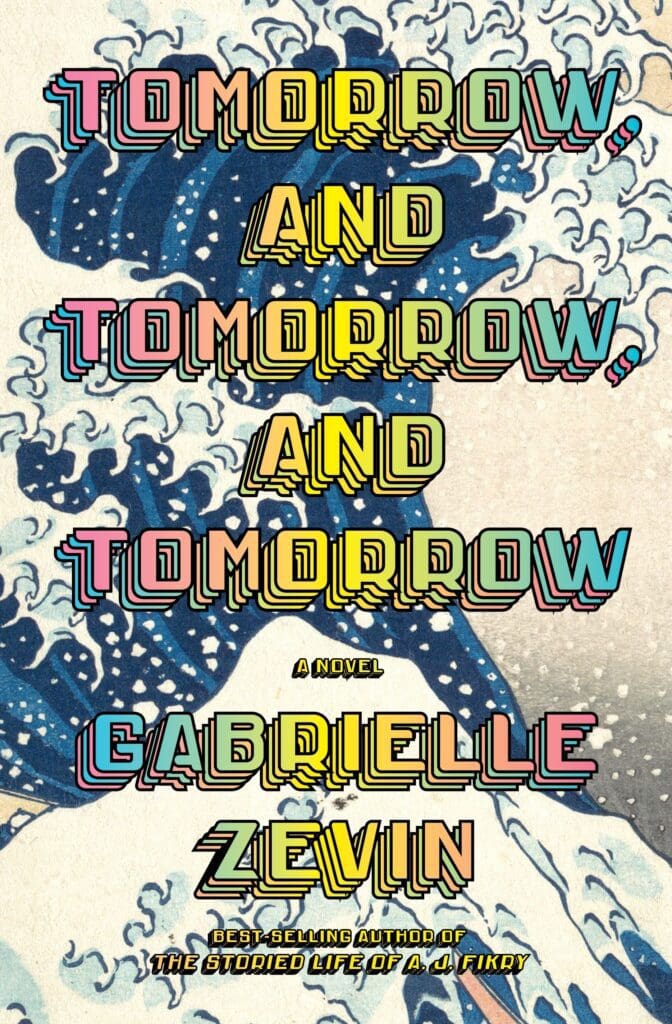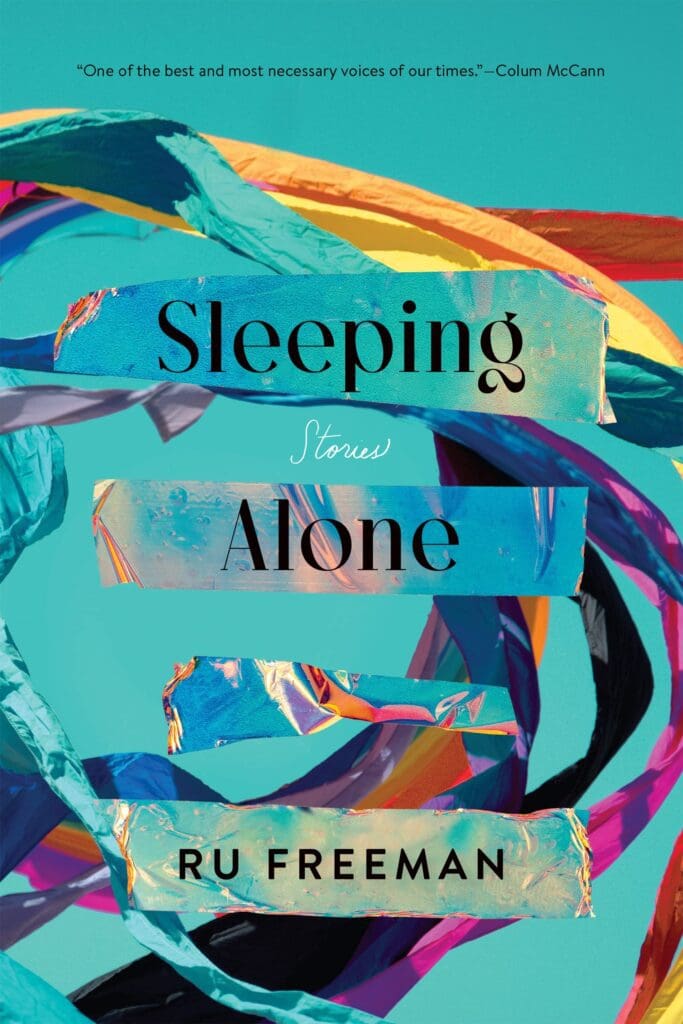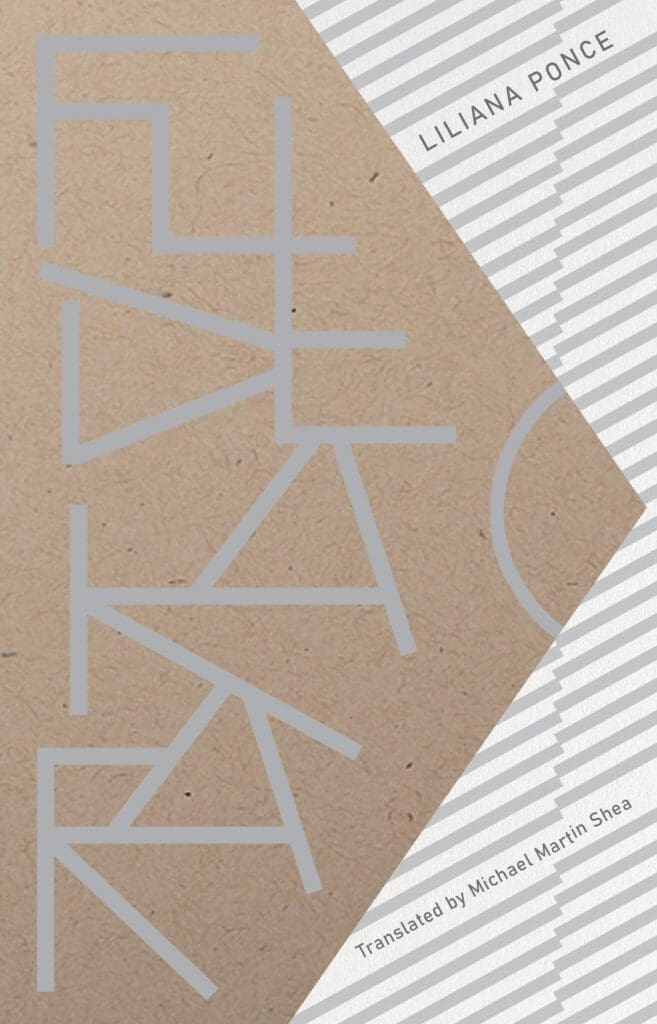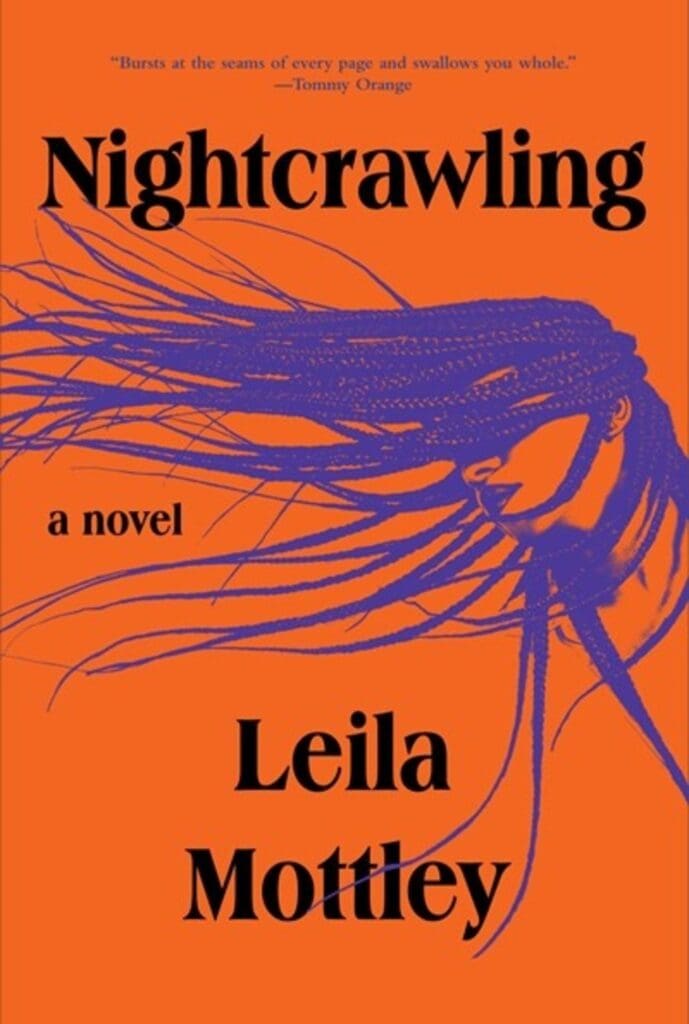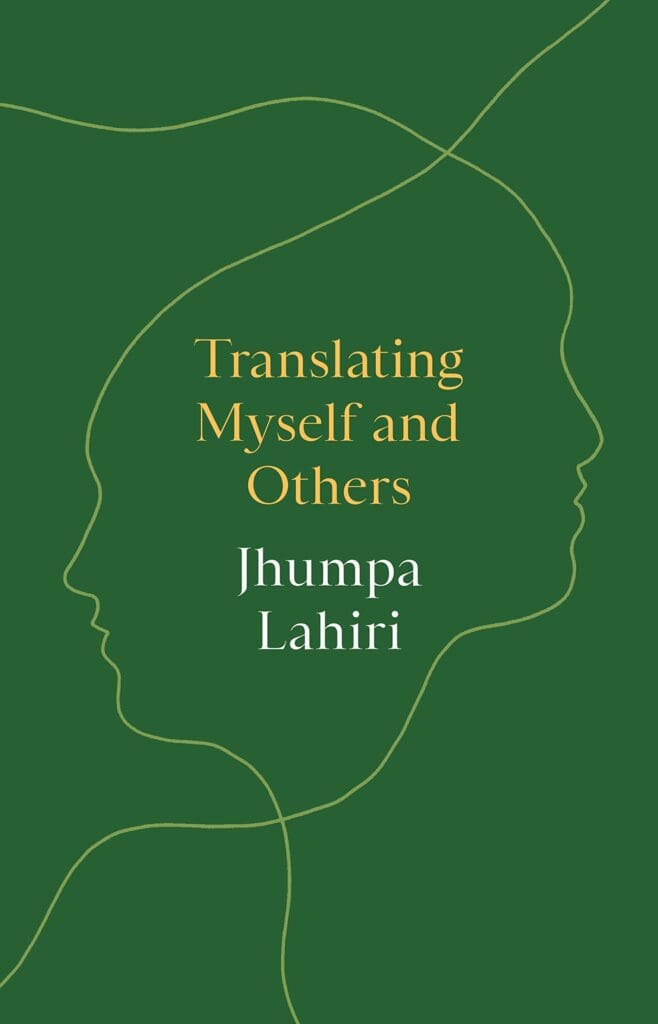In his latest poetry collection, An Ordinary Life (67 pages; W. W. Norton), B.H. Fairchild, winner of the National Book Critics Circle Award and the author of the collections The Art of the Lathe (1998) and Early Occult Memory Systems of the Lower Midwest (2002) , doesn’t flinch from the foxholes remembered secondhand in “My Father, Fighting the Fascists in WWII” or from images of a Korean War veteran bagging canned goods without fingers in “Groceries.” Fairchild offers succinct commentary with discrete but vivid imagery, honoring the beauty of small-town scenes with artistry and exactitude, transforming even a Walmart on […]
‘An Ordinary Life’ by B.H. Fairchild: The Winding Road of Grief
by Gus Berg
